
News writer
We all play the lottery because we enjoy it and want to take that chance of winning that big jackpot.
However, have you ever wondered when the lottery got started in each state? And what type of games they offered to kick things off in each state?
We are going to do a deep dive into each state lottery and put together a timeline of when things started, what they first offered, and how things operate, so check it out below!
Puerto Rico - September 1, 1814
Puerto Rico held its first lottery drawing on September 1, 1814. However, it didn't gain much popularity and, for the most part, died down.
On May 31, 1934, lotteries picked back up again and were spearheaded by the government of Puerto Rico. The lottery included 54 yearly prizes.
New Hampshire - March 12, 1964
State Representative Larry Pickett saw a sweepstakes as a viable and voluntary method of raising money for education. He proposed a bill five times before finally succeeding in 1963. On April 30, 1963, the Governor signed it into law. Voters approved the bill, and two days later, on March 12, 1964, Sweepstakes tickets went on sale for $3 each.
New York - July 20, 1967
In November 1966, voters passed a constitutional amendment calling for the implementation of a state-run lottery, where all profits would be used to fund education in the state. On July 20, 1967, the first-ever New York State Lottery was drawn by State Tax Commissioner Joseph H. Murphy. It was in the format of a raffle, with numerous tickets being drawn from a drum. The first ticket belonged to Charles M. Huckins, a truck driver from Massachusetts.
New Jersey - December 16, 1970
In November 1969, New Jersey voters overwhelmingly approved the establishment of a State Lottery as part of the general election. The 81.5 percent majority in favor of a lottery was one of the largest in New Jersey's political history.
New Jersey Lottery weekly game tickets went on sale on December 16, 1970, with Governor William T. Cahill buying the first ticket.
Connecticut - February 15, 1972
State Representative John A. "Tony" Miscikoski, known by many as "The Father of the Lottery," thought a state lottery could provide substantial benefits to the residents of the state. Miscikoski's dream became a reality in 1971, and the Connecticut State Lottery came into being.
The Connecticut State Lottery began ticket sales on February 15, 1972, offering one game called “The Lottery.” Tickets cost 50 cents each. Drawings were held weekly with a top prize of $5,000.
Pennsylvania - March 7, 1972
In August 1971, the Pennsylvania Lottery was created with the enactment of Act 91 of 1971. Ticket sales for its first game went on sale on March 7, 1972, which was a 50-cent ticket featuring weekly drawings for a $50,000 top prize and periodic drawings for $1 million prizes.
Massachusetts - March 22, 1972
In 1971, legislation was introduced to create a state lottery in Massachusetts. It was enacted to provide a source of local aid for all 351 cities and towns in the state. On March 22, 1972, the lottery sold its first ticket. The first drawing took place on April 6, 1972, at Faneuil Hall, and seven people won $50,000.
Michigan - November 13, 1972
In 1972, the Michigan Lottery was established under the authority of Public Act 239. The lottery collects funds to support Michigan's public school system. The first game for the Michigan Lottery was Green Ticket and it began on November 13, 1972.
Maryland - May 15, 1973
Citizens of Maryland approved a constitutional amendment to begin a government-run lottery in 1972. The Maryland Lottery began on January 2, 1973. However, the first game, called Twin Win, didn't go on sale until May 15, 1973. The first drawing for Twin Win took place on May 24, 1973.
Delaware - May 11, 1974
The Delaware Lottery was established on May 31, 1974, by an act of the General Assembly and signed into law by Governor Sherman W. Tribbit. In October 1975, the lottery started selling tickets for games with weekly drawings.
Rhode Island - May 21, 1974
In 1973, a constitutional amendment passed by more than a 3 to 1 margin to create a lottery. The first game for the Rhode Island Lottery was The Lot, which sold for 50 cents. It was a weekly game that had a top prize of $50,000.
Maine - June 27, 1974
The idea of bringing a state lottery to Maine was first championed by Rep. Arthur Genest of Waterville. In 1973, he sponsored a bill to introduce a lottery to the state. The public voted in 1973, and they gave it a resounding “yes.”
The Lottery began operations in 1974, with the first game called “Play Me” being held on June 27, 1974. Governor Kenneth M. Curtis drew the first lottery numbers for the 50-cent weekly draw game. The numbers were printed on large rubber balls and drawn from a gumball machine. Ivan Lazure of Lewiston was the first winner, taking home a $20 prize!
Illinois - July 1, 1974
The Illinois Lottery began operations on July 1, 1974. At this time, lotteries were only in the Northeast and Midwest in the United States. In 1975, the Illinois Lottery launched its first instant ticket, called 7-11-21, and it has brought in millions of dollars in prizes since its debut.
Ohio - August 13, 1974
In 1973, the Ohio Lottery Commission was created by a vote of the people of Ohio. The first scratch-off ticket, Buckeye 300, went on sale on August 13, 1974.
Vermont - February 14, 1978
A referendum was held in 1976 regarding the establishment of a state-run lottery. It passed the General Assembly in 1977. In 1978, the Vermont Lottery was granted $250,000 seed money. It took the lottery seven months from inception, but the first game (Green Mountain Game) went on sale on February 14, 1978.
Arizona - July 1, 1981
In 1980, Arizona became the first state west of the Mississippi River to approve a state lottery. The first ticket sales didn't start until July 1, 1981, and things kicked off with an instant scratch ticket called Scratch It Rich.
Washington - November 15, 1982
The state legislature in Washington created the lottery by passing bill H.B. 1251 in 1982, which was signed into law by the Governor on July 16, 1982. Washington became the sixteenth state with a lottery. Four months later, on November 15, 1982, the first game was launched: a $1 scratch ticket called “Pot O'Gold Instant Lottery.”
Colorado - January 24, 1983
The Colorado Lottery got its start on January 24, 1983, with offices in Pueblo, Denver, Fort Collins, and Grand Junction. The first lottery sales were scratch tickets, with the lottery surpassing $137 million in revenue within the first six months of operation.
Oregon - April 25, 1985
In 1984, Oregon voters established the Oregon Lottery to help jumpstart the state's ailing economy. On April 25, 1985, the Oregon Lottery started selling its first game, a scratch-it called Pot of Gold.
Iowa - August 22, 1985
Legislators created the state lottery and signed it into law in April 1985. Lottery sales began on August 22, 1985, and things kicked off with a celebration at the Iowa State Fair. The first product sold by the Iowa Lottery was an instant-scratch game called Scratch, Match, and Win. During the first week of sales, players bought more than 6.4 million tickets.
California - October 3, 1985
The California State Lottery began with a ballot measure, Proposition 37, that was approved by voters on November 6, 1984. On January 29, 1985, the first lottery commissioners were appointed: William Johnston, Laverta Montgomery, John Price, Howard Varner, and Kennard Webster. The first lottery director, Mark Michalko, was appointed in May 1985, with the first lottery sales taking place on October 3, 1985, which were scratchers.
West Virginia - January 9, 1986
Voters in West Virginia approved an amendment to the state constitution in November 1984. The West Virginia Legislature passed the Lottery Act in April 1985, and the Governor signed it into law in May 1985.
On January 9, 1986, the first instant ticket was sold in the state. The first and only instant ticket at that time was the “West Virginia Jackpot,” which carried a top prize of $5,000 and sold more than 1.5 million tickets on that first day.
Missouri - January 20, 1986
Voters in Missouri approved the lottery with 70% of the vote. The lottery began selling tickets on January 20, 1986, and over $7 billion has been earned from the lottery for education.
Montana - June 24, 1987
The Montana Lottery was created by citizen referendum and passed on November 4, 1986, by 69% of voters. The Montana Lottery sold its first ticket on June 24, 1987, and sold a record 1.1 million lottery tickets on its opening day of sales.
South Dakota - September 30, 1987
In November 1986, 60% of voters approved a statewide referendum to amend the state constitution to allow for a state-operated lottery. On September 30, 1987, six months after the legislation was signed into law, the lottery started selling its first instant ticket.
Kansas - November 12, 1987
In November 1986, 64% of Kansas voters said “yes” to establishing a state lottery. On September 16, 1987, Kansas, along with Missouri, Rhode Island, West Virginia, Oregon, Iowa, and Washington, D.C., formed the Multi-State Lottery Association and the Lotto America game.
On November 12, 1987, ticket sales began statewide, and they held kick-off events in 21 cities throughout the state. Sales of the first instant game, Up and Away, were $7 million in the first week.
Florida - January 12, 1988
After a constitutional amendment was approved by Florida voters by a 2-to-1 margin in November 1986, the Florida Lottery began operation on January 12, 1988. The first game offered by the Florida Lottery was Millionaire, a $1 scratch-off game with a $1 million annuity prize. In just 12 days, the Florida Lottery had total sales of $95 million, and it continued to be one of the highest-revenue lotteries in the country.
Wisconsin - September 14, 1988
In 1988, the state legislature established the Wisconsin Lottery, which is run by the Wisconsin Department of Revenue. The first Wisconsin Lottery games went on sale on September 14, 1998. These games are an instant game, Match 3, and a pull-tab, Wisconsin Red.
Virginia - September 20, 1988
Virginians voted in a statewide referendum in favor of a state lottery in 1987. The first lottery ticket was sold on September 20, 1988, in Virginia.
Kentucky - April 4, 1989
In November 1988, Kentucky residents approved a ballot measure by over 60% in favor of creating a state lottery. On December 16, 1989, the Governor signed legislation creating a lottery, which became the first lottery in the United States implemented as a corporation.
On April 4, 1989, ticket sales began in the state of Kentucky, and they had over $5 million in sales on the first day. Players had two scratch-off games to choose from: Beginner's Luck ($1) and Kentucky Derby Dreamstakes ($2).
Idaho - July 19, 1989
The people of Idaho voted on the lottery issue for the first time in 1986, and it passed by a 60 to 40 percent “yes” margin. However, it was later declared unconstitutional by the Idaho Supreme Court. In November 1988, the Idaho Lottery act became law when 51% of Idaho voters approved a constitutional amendment repealing the constitutional ban on lotteries.
The state set a new industry record by implementing a lottery within 200 days when the first ticket was sold on July 19, 1989. On that first day, the lottery sold more than 840,000 tickets throughout the state. In the first year, they had $65 million in sales.
Indiana - October 13, 1989
Indiana voters approved a constitutional amendment lifting the ban on lotteries in 1988. In May 1989, Indiana legislators authorized the state lottery, along with parimutuel betting on horse racing. On October 13, 1989, the first scratch-off game, Hoosier Millionaire, went on sale.
Minnesota - April 17, 1990
The voters in Minnesota established the state's lottery system in 1988 after voting to approve an amendment to the state's constitution. However, it didn't codify how lottery revenue would be used, leaving it up to the Legislature to decide.
Legislation establishing the lottery passed in 1989, and the first ticket sales for an instant scratch-off game started on April 17, 1990. In 1990, a second lottery-related constitution amendment was passed, which established and dedicated 40% of lottery proceeds to an environment and natural resources trust fund.
Louisiana - September 6, 1991
The Louisiana Legislature was looking for a way for the state to generate revenue without increasing taxes, so they approved Act 1045, amending the state's constitution to create a state lottery. The Legislature thought a corporate structure would best suit the lottery and voters agreed, passing a constitutional amendment that created the lottery on October 6, 1990, in a 69% to 31% margin statewide.
The lottery sold its first scratch-off ticket on September 6, 1991.
Texas - May 29, 1992
In August 1991, the Governor signed legislation to create a state lottery. In November 1991, voters approved the lottery by a two-to-one margin. On May 29, 1992, the Texas Lottery launched with the sale of its first scratch-off ticket. Governor Ann Richards bought the first ticket, but Texans went on to buy 23.2 million more tickets in the next 24 hours.
Georgia - June 29, 1993
The Georgia Lottery was created in November 1992 by the people of Georgia. It was created to enhance education funding. The Georgia Lottery began selling tickets on June 29, 1993. In the first week, the lottery had sold more than 52 million tickets, which set a new opening week lottery sales record.
Nebraska - September 11, 1993
With 63% of the vote, Nebraska voters approved a constitutional amendment authorizing the creation of a state lottery in November 1992. The Nebraska Lottery was created by LB 138, which was passed by the Nebraska Legislature on February 24, 1993, becoming the 37th lottery in the United States.
Scratch ticket sales began on September 11, 1993, and Lotto ticket sales began on July 21, 1994.
New Mexico - April 27, 1996
On April 5, 1995, Governor Gary Johnson signed Senate Bill 853, creating the New Mexico Lottery Authority. It was a year later, on April 27, 1996, the state had lottery launch day and scratcher sales began. Proceeds from the lottery sales were split 60% to the Public School Capital Outlay Fund and 40% to Lottery Tuition Fund.
South Carolina - January 7, 2002
In November 2000, the state's voters approved a referendum in support of the implementation of a state-run lottery. In June 2001, the General Assembly ratified the South Carolina Education Lottery Act, and the Governor signed the Act into law, establishing the South Carolina Education Lottery, which launched on January 7, 2002.
Tennessee - January 20, 2004
On June 11, 2003, the Tennessee General Assembly created the Tennessee Lottery, which is run by the Tennessee Education Lottery Corporation. On January 20, 2004, they sold their first ticket.
North Dakota - March 25, 2004
Voters in North Dakota approved an initiative constitutional amendment in 2002, which amended the state constitution to allow for the state to join a multi-state lottery. However, they were not allowed to sell in-state games. All North Dakota Lottery games are part of the Multi-State Lottery Association, which include Lucky for Life, Mega Millions, Powerball, Lotto America, and 2by2. The first ticket sales took place on March 25, 2004.
Oklahoma - October 12, 2005
The Oklahoma state legislature approved a lottery proposal to go before a vote of the people in 2003. The two questions were placed on the 2004 general election ballot and both were approved, which created a Lottery Commission and a lottery trust fund. Ticket sales for the lottery began on October 12, 2005.
North Carolina - March 30, 2006
In August 2005, legislation creating a state lottery was signed into law. After getting commissioners and everything in place, the first scratch-off tickets were shipped to retailers in March 2006, with the first sales taking place on March 30, 2006.
Arkansas - September 28, 2009
Arkansas voters approved a ballot question legalizing the sale of lottery tickets on November 4, 2008. On July 1, 2009, they joined the Multi-State Lottery Association, making it the 33rd lottery to join. The first scratch-off tickets went on sale on September 28, 2009.
Wyoming - August 24, 2014
In March 2013, Wyoming Governor Matt Mead authorized the creation of a state lottery and entered into agreements with other U.S. lotteries for multi-state games. This law prohibited scratchcards, instant win games, and video lottery terminals. Wyoming joined North Dakota as the only U.S. jurisdiction to prohibit scratchcards. Sales began on August 24, 2014, with 400 retailers authorized to sell lottery tickets.
Mississippi - November 25, 2019
In November 1992, 53% of the state's electorate voted to appeal the state's constitution, which banned lotteries in the state. However, it wasn't until 2018 and the Alyce G. Clarke Mississippi Lottery Law that authorized the Mississippi State Lottery.
The lottery launched its first four scratch-off games — $100,000 Jackpot, 3 Times Lucky, Happy Holidays Y'All, and Triple 7 — on November 25, 2019. The lottery saw over $2.5 million in sales on the first day and $8.9 million in the first week.
Alabama, Alaska, Hawaii, Nevada, and Utah don't have state lotteries in place, but Alabama and Nevada have legislation in place to bring it to the state eventually.
Enjoy playing the lottery, and please remember to play responsibly.
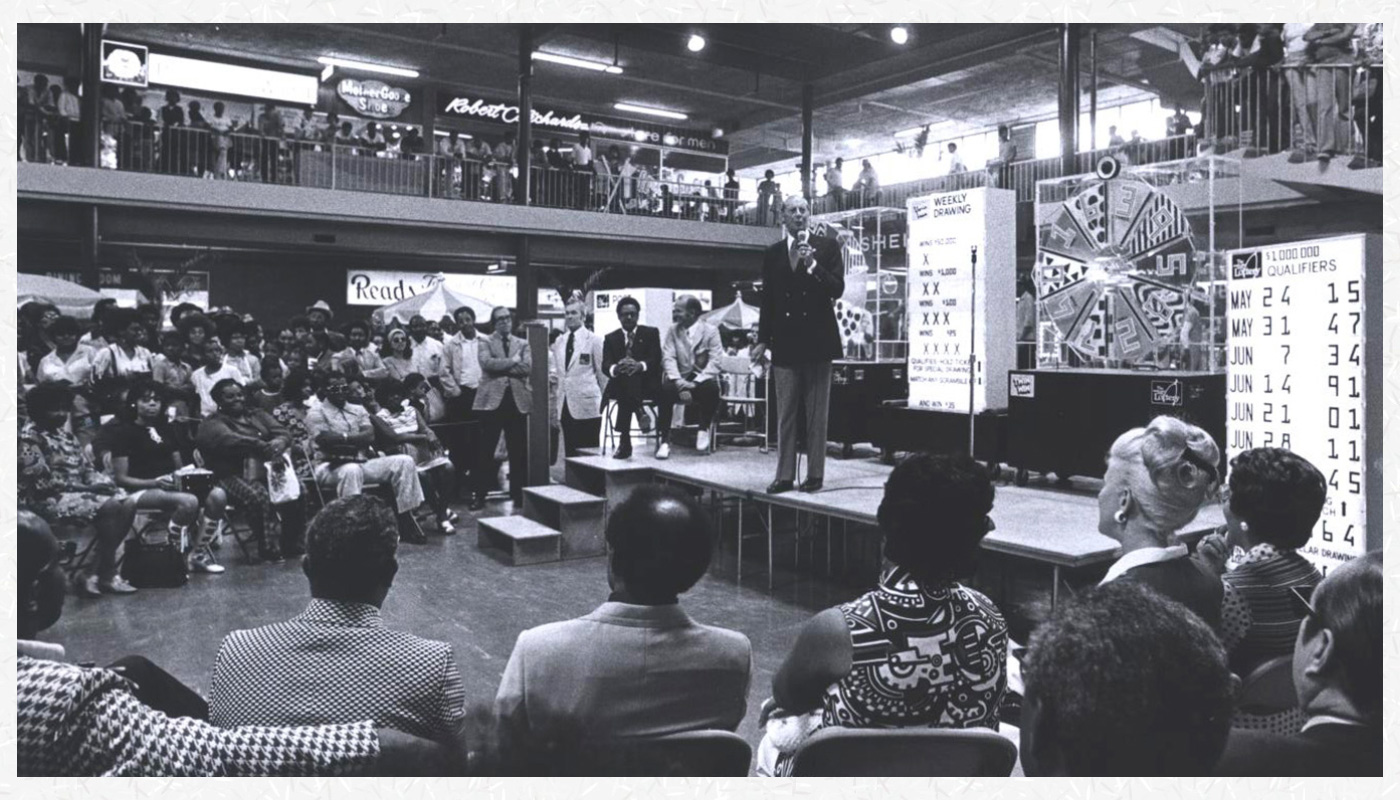
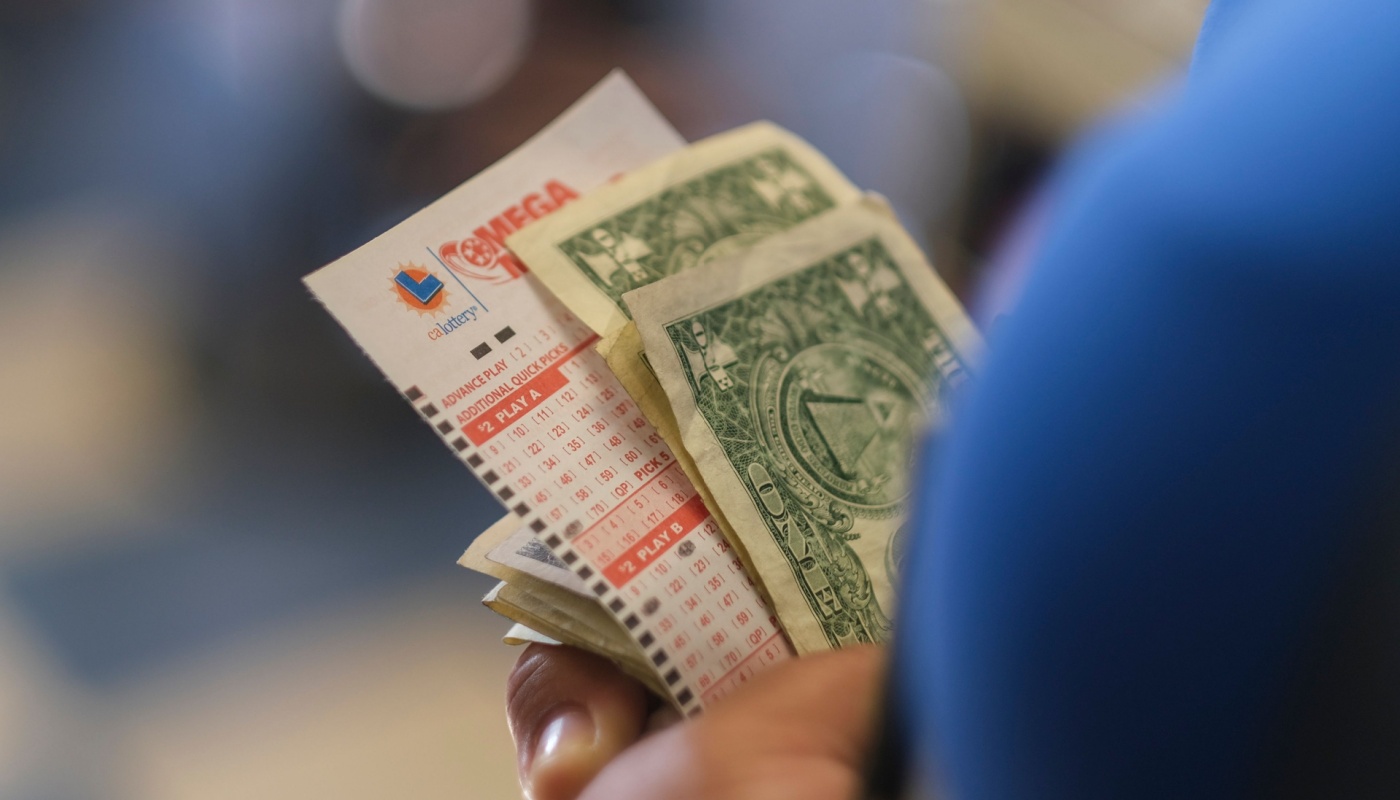

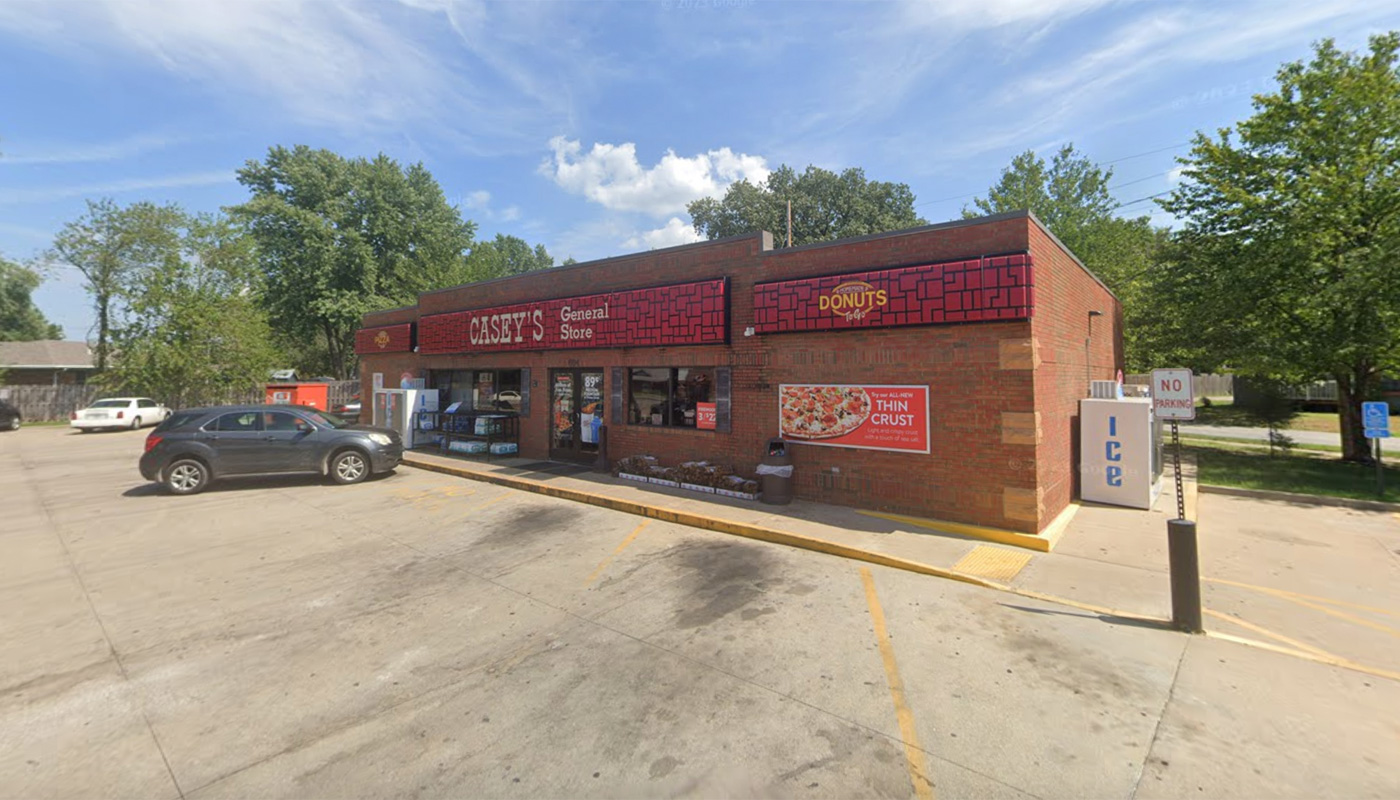
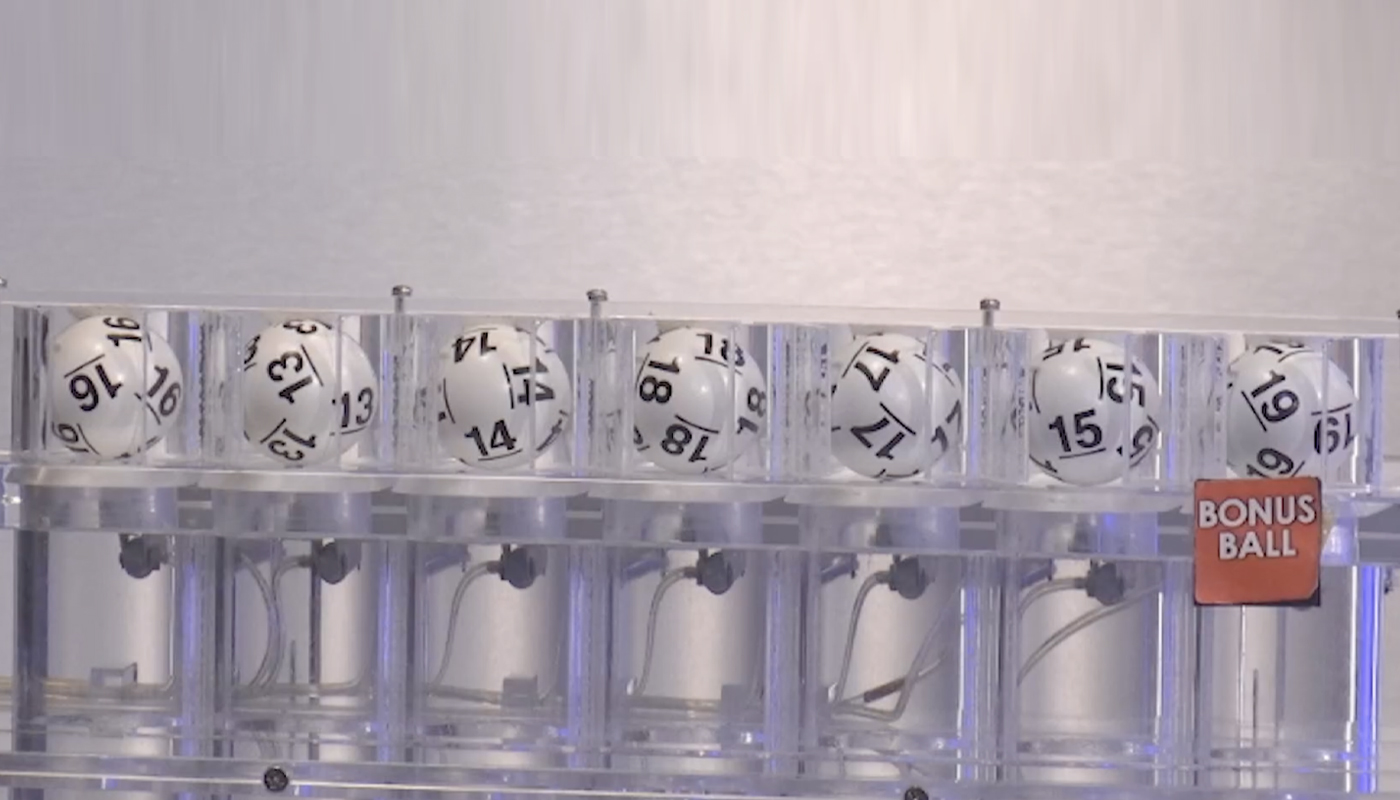

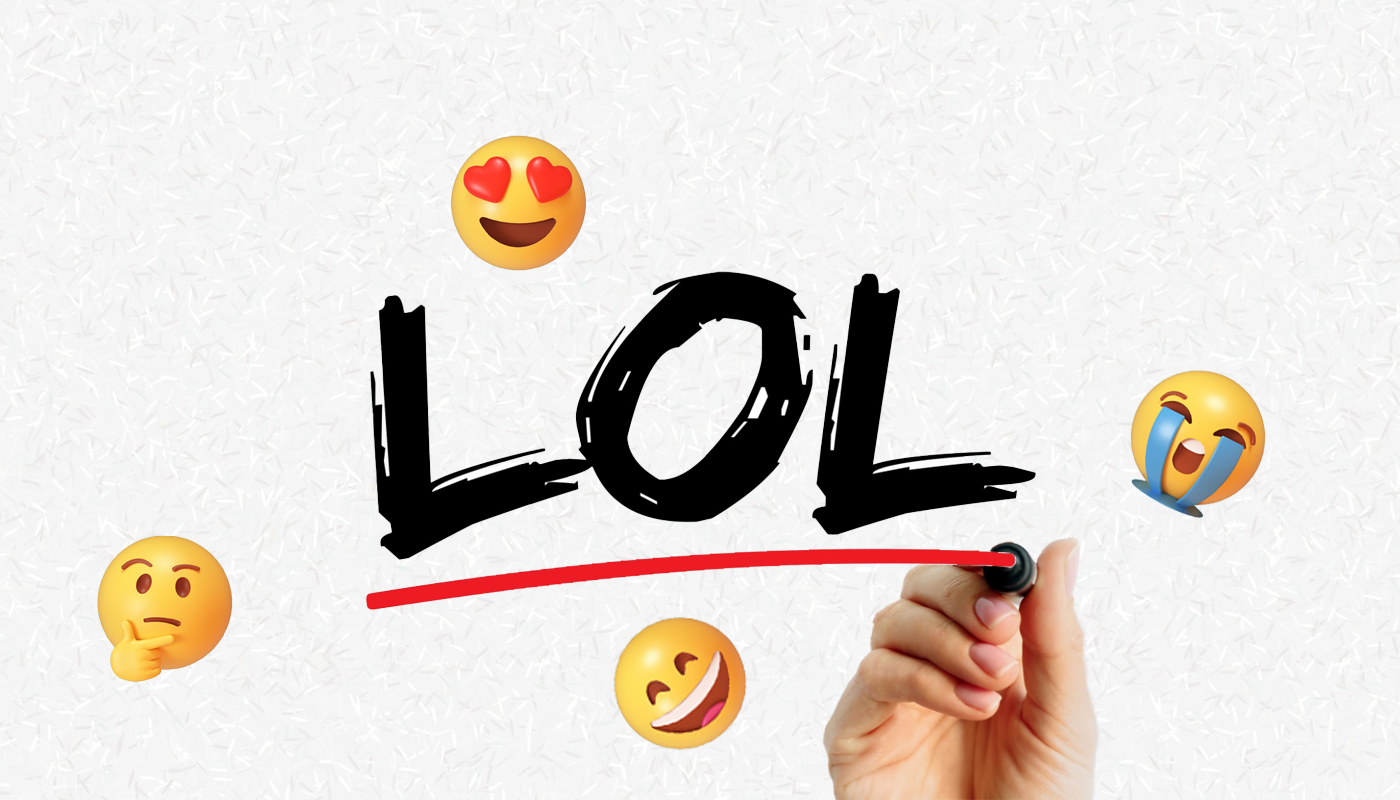
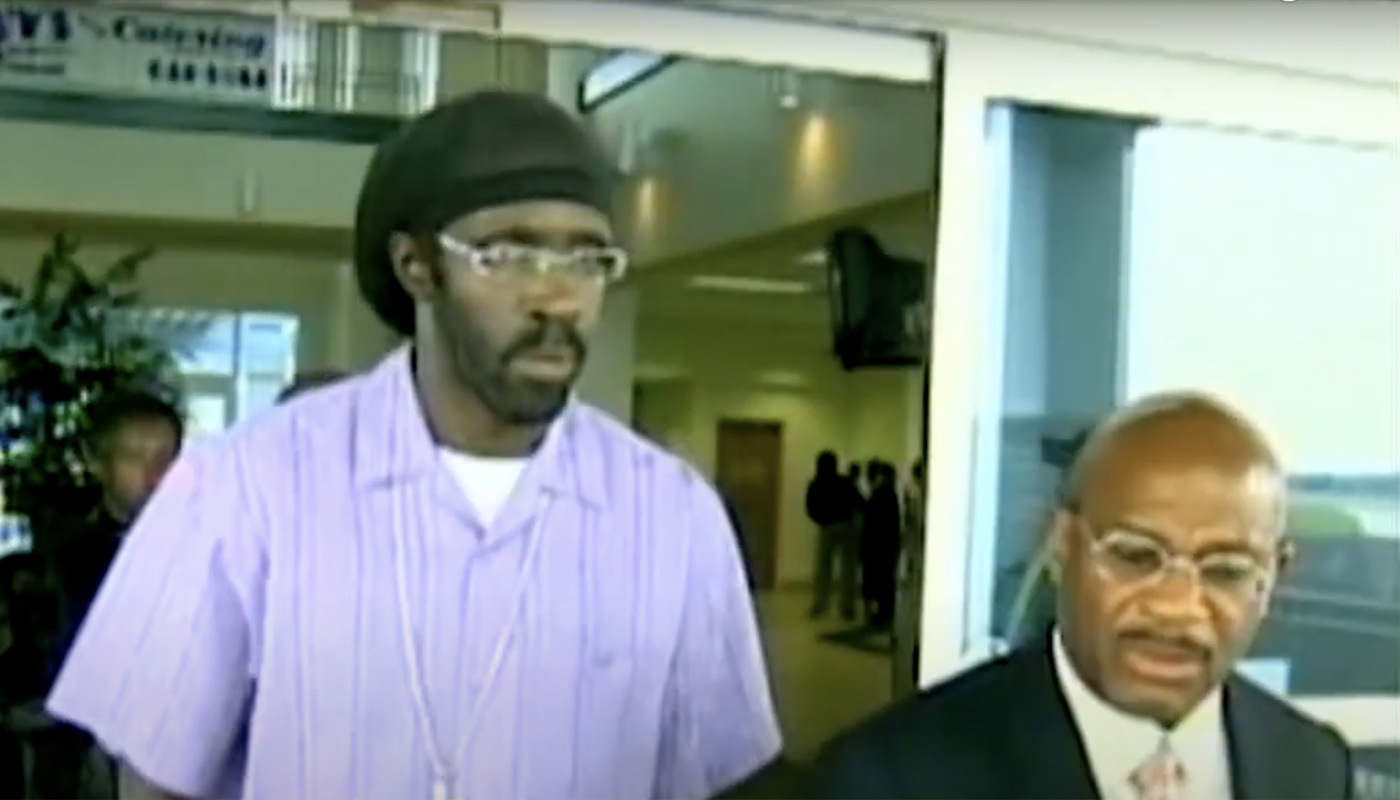

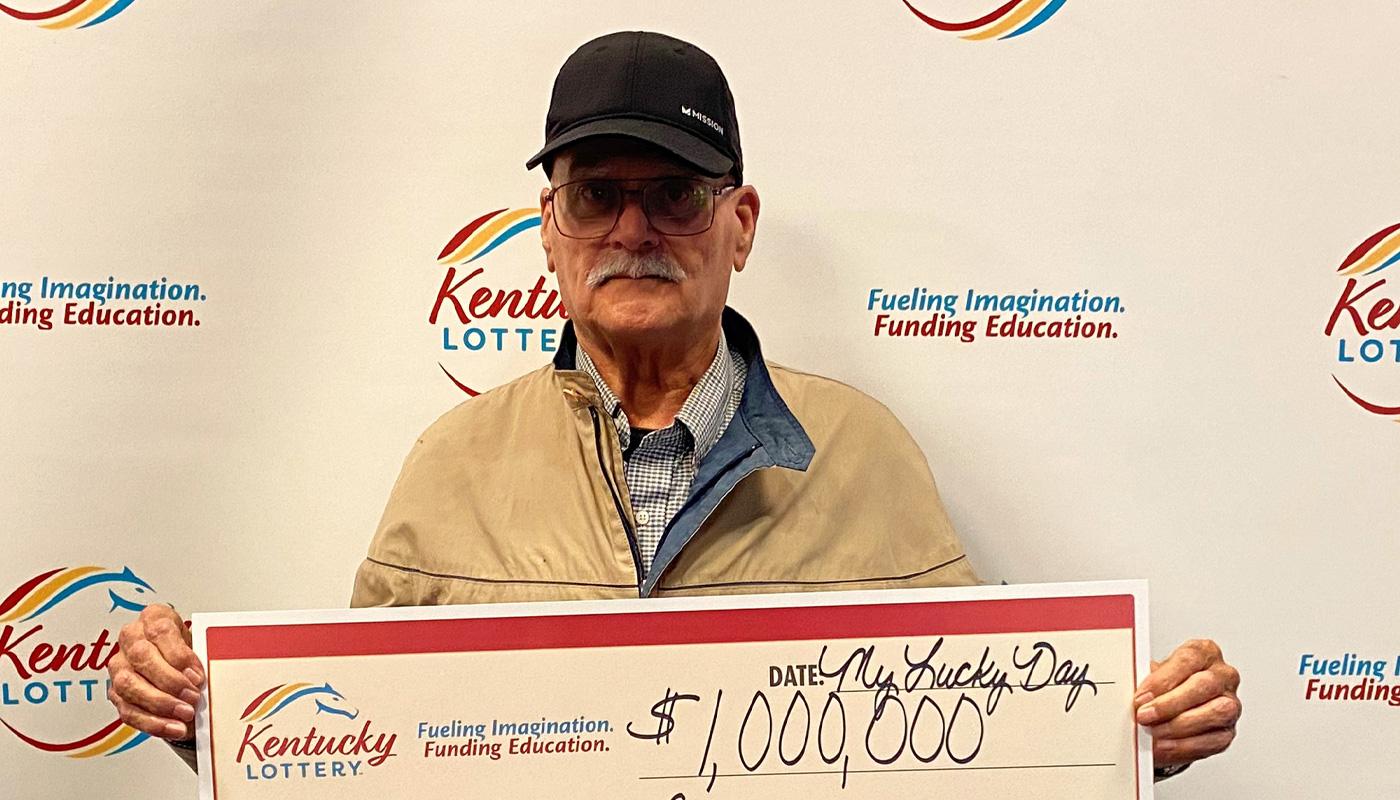








Comments